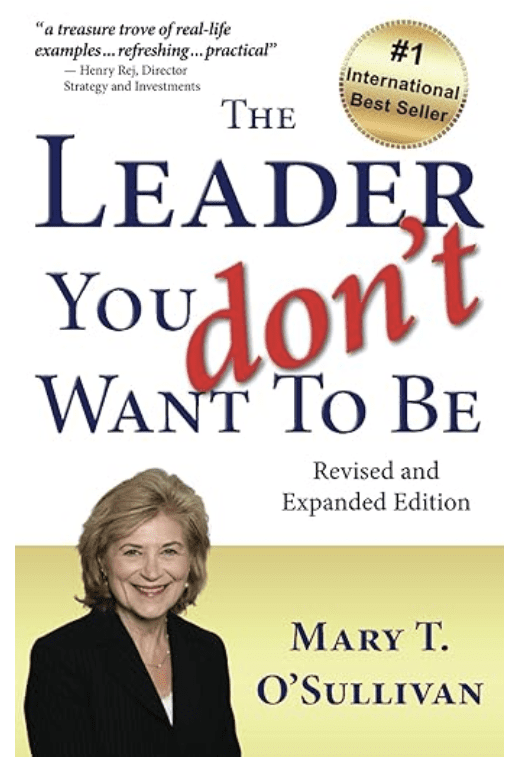Search Posts
Recent Posts
- Rhode Island Weather for June 4, 2025 – Jack Donnelly June 4, 2025
- Sour Grapes time! – Tim Jones (meet Tim at AnimeCon) June 4, 2025
- Lawsuit filed to stop Empire Wind Project by 4 environmental groups and fishermen June 4, 2025
- It is what it is: 6.4.25 – Jen Brien June 4, 2025
- New ALS treatment by PathMaker Neurosystems. Co. funded by RI Life Sciences Hub to come to RI. June 3, 2025
Categories
Subscribe!
Thanks for subscribing! Please check your email for further instructions.

How the manosphere seeps into the workplace – Mary T. O’Sullivan
by Mary T. O’Sullivan, MSOL, contributing writer, business leadership
“The manosphere is a sprawling ecosystem of podcasts, YouTubers, message boards, and more aimed at disgruntled men.” – NPR
A new word clarified the recent confusing behavior of young men in the 21st century. The word is “manosphere”. It sounds mystifying, for it seems to defy definition. It’s not scientific, not psychological, not mathematical, not dramatic. The definition, as described by NPR, is a world created by men who feel left behind, ignored, and unheard. Some theorists say that “fifty years of feminization… have attempted to strip boys of their essential “boyness”…” The book The Dangerous Book for Boys, published in 2006, offers suggestions for boyish activities designed to counter the influence of feminization, such as skinning a rabbit, building a treehouse and the need for a Swiss army knife. The idea behind the book is that boys have missed out on the “normal” things kids used to do, therefore making them less masculine.
While women struggled to take their place in the world of work at all levels, little thought was given to the impact of feminism on many men. Often, the rise of women baffled men, and created the perfect atmosphere for more sexism to flourish, often mistaking the growth of women in the workforce as the need to defend their “territory”. According to those now exploring the “manosphere”, the men feeling pushed down and ignored express their resentment and animosity closed online echo chambers, easily lured into anti-establishment action. While they may feel stifled and take safety in their underground domain, voicing sexism out loud feels “rebellious and insurgent”. The elites may frown upon anti-feminist thinking, however, that disapproval only gives these men fuel.
In the workplace, the manosphere still raises its ugly head. It manifests itself as “toxic masculinity’. What if a group of men are chatting in the breakroom about a women’s appearance, and they goad a young, male intern into the conversation. How should the intern react? Score the women on a scale of one to ten? Should he feel ashamed of himself later? And there is the all too familiar scenario where a man and a woman both worked equally as hard on a project, and the man gets the credit and the bonus. If the woman speaks up, will she be penalized, criticized or apologized to? What happens when a female executive is asked to take notes, because the men at the table think she’s better at it? Will the men be offended when she says no, or when she says she didn’t take any notes?
This is the juncture where the manosphere frets that women are too bossy, nasty, or domineering. According to the Society of Human Resource Mangers (SHRM), the “masculinity contest culture” results in a hostile work environment and undermines the efforts to bring more diversity, equity and inclusion into the workplace. When men believe they have to conform to rigid gender roles which include (according to SHRM) –
- Acting like a bully to maintain a constant competitive advantage.
- Avoiding losing at all costs.
- Restraining one’s emotions, except for pride and anger (which are the only “acceptable” masculine emotions to express).
- Showing strength and aggression in moments of conflict.
- Being dominant over women and other men (which is typically displayed through microaggressions).
While of course there is nothing wrong with being masculine, expressing it in toxic ways creates a negative work culture. Toxic masculinity becomes “all about asserting power and dominance in the workplace, and that often includes using systemic sexism and racism to an individual’s benefit…” That’s when it becomes unacceptable.
Men also can be subject to toxic masculinity. When a company offered six weeks parental leave, a father was bullied by his workmates and chided for wanting to take the leave, because he was accused of abusing the system, having only taken a few days off when his other children were born. This treatment was wrong and unfair and produced unnecessary guilt and worry for the employee. What these co-workers failed to understand was that “the fight against toxic masculinity is not a campaign against men; it’s a campaign for men to feel they can step outside the “man box” and be authentic in the workplace.”
By adhering to the goals of diversity, equity and inclusion, men can more readily “realize that feminism is not intended to harm them. It is a movement for gender equality that benefits everyone. Men can then appreciate themselves as they are, rather than buying into the “alpha male mentality” and create more fulfilling and genuine relationships with themselves and others”. (SHRM)
“Contrary to progressive belief, young men are not turning into a generation of misogynists. Support for gender equality continues to rise, including among men under 30. The problem seems more to be that many men simply don’t see much recognition of their issues, or even of their identity…” – Politico
___


Mary T. O’Sullivan, Master of Science, Organizational Leadership, International Coaching Federation Professional Certified Coach, Society of Human Resource Management, “Senior Certified Professional. Graduate Certificate in Executive and Professional Career Coaching, University of Texas at Dallas.
Member, Beta Gamma Sigma, the International Honor Society.
Advanced Studies in Education from Montclair University, SUNY Oswego and Syracuse University.
Mary is also a certified Six Sigma Specialist, Contract Specialist, IPT Leader and holds a Certificate in Essentials of Human Resource Management from SHRM.contributing writer, business leadership.
